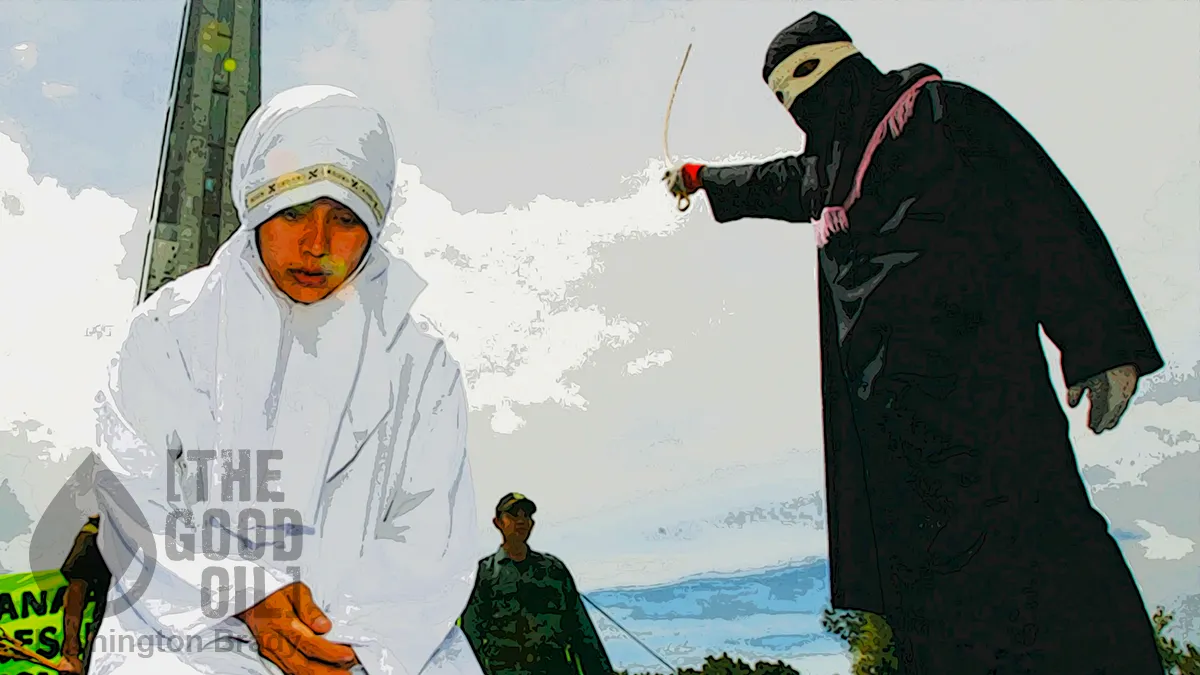Table of Contents
We are finally arriving at the end of multiculturalism, where we are no longer a nation, but a random collection of tribes who just happen to be thrown together in the same place. That’s the inescapable outcome of a new judicial guidebook for NSW judges that instructs judges to put Aboriginal tribal law and Sharia law on a par with the common law.
Of course, as with all Long March sallies against Western institutions, it’s been passed off as just so terribly nice.
Judges should be “trauma-informed” when dealing with Indigenous defendants and consider the “pervasive intergenerational effects of settler-colonialism” when presiding over them in court, a new 200-page guidebook endorsed by the country’s peak judicial body says.
In a clear indication of changing attitudes to how justice should best be achieved, the manual also includes a lengthy section encouraging judges working in specialist courts to consider aspects of the Islamic faith that offer “clear moral and ethical guidelines” when ruling on cases that involve Muslim defendants.
It also notes Muslim defendants may have “a sense of personal responsibility to react to world events, in the context of religious injunctions to support others of the same faith”.
In other words, Sharia.
As for these ‘clear moral and ethical guidelines’, what, exactly does fiqh, Islamic jurisprudence, have to offer? Three of the four major schools of fiqh rule that female genital mutilation is obligatory, the other merely says it is ‘recommended’. Some set the marriage age for females at nine; others oppose a minimum age at all. Then there’s the ruling that women are entitled to just half the inheritance their male relatives receive and that women are ‘less trustworthy and less appropriate as legal witnesses’ than men. And don’t forget that physical punishment of wives is approved under Islamic law.
Above all, Islamic jurisprudence insists that the Koran and the hadith are the final word when it comes to the law. Try making the same argument about the Bible.
Elsewhere, the new manual degenerates into the sort of snowflake wokeism we’d expect from a millennial ‘gender studies’ group.
It also focuses on the physical and emotional “self-care” of judges, with recommendations of herbal teas, exercise and meditation. It says by “incorporating a variety of self-care strategies” into a routine, judges can “promote overall wellbeing to help cope with a challenging workload” […]
“When you run through your day, when are the energy highs and lows? How are you dealing with any period of low energy?” it reads.
“Is it possible to consider replacing caffeine, chocolate (or other substances), with five minutes of directed meditation, high intensity exercise (such as stair climbing), or another intervention as directed by a naturopathic intervention such as drinking an alkalinising drink (such as lemon juice or apple cider vinegar in water) or herbal tea?”
What next, blankies and colouring books in m’lud’s chambers?
Above all, though, the manual is yet another attack on the fundamental principles of our legal system.
The manual, commissioned by the NSW judicial watchdog and endorsed by the Australasian Institute of Judicial Administration, explores the idea of “therapeutic jurisprudence” – which is a new approach to legal research with the goal of reforming the law so that it has a positive impact on the wellbeing of defendants.
Which is completely contrary to the basic principle of criminal law – punishing criminals.
The Long March through the Institutions continues apace.









